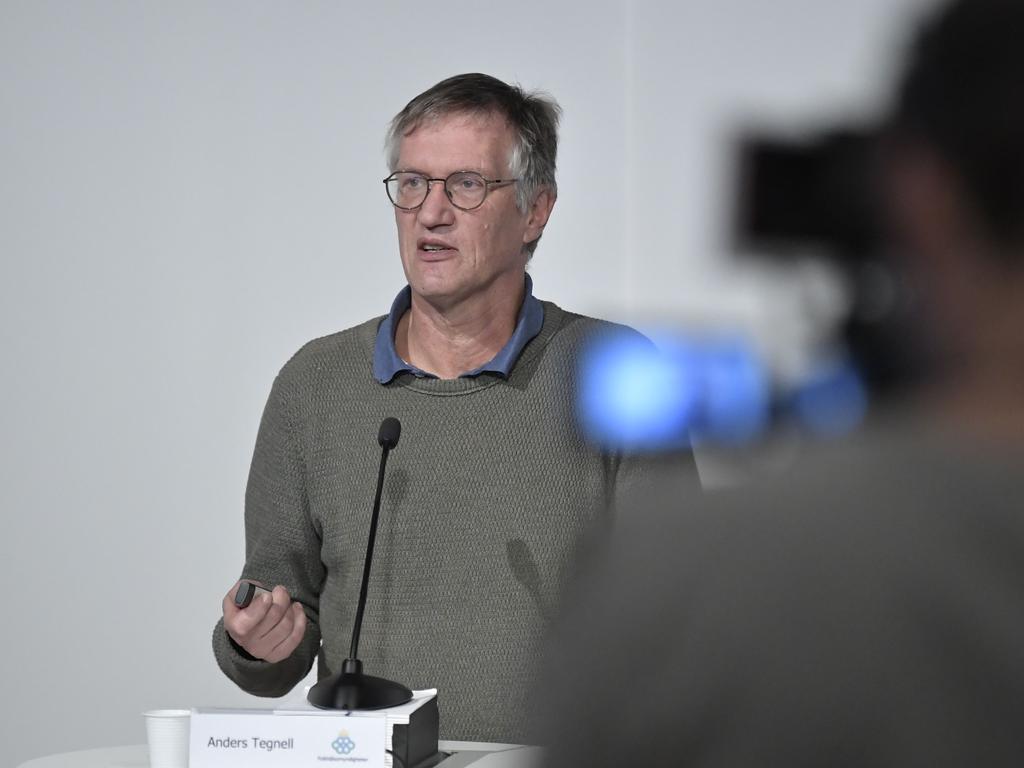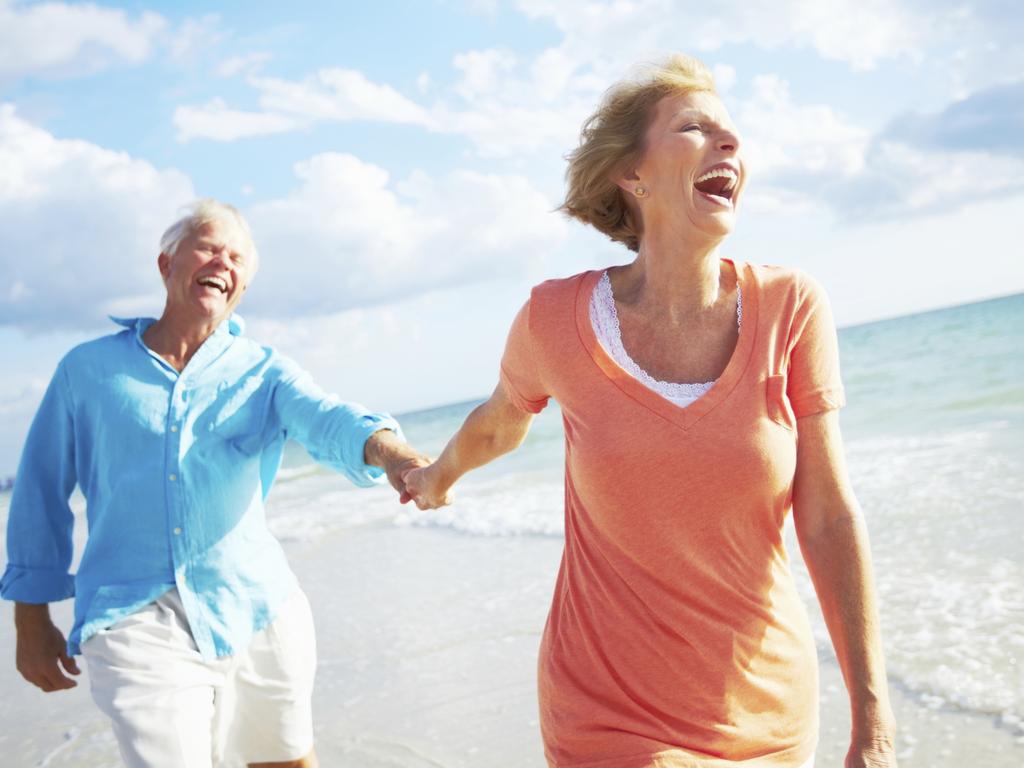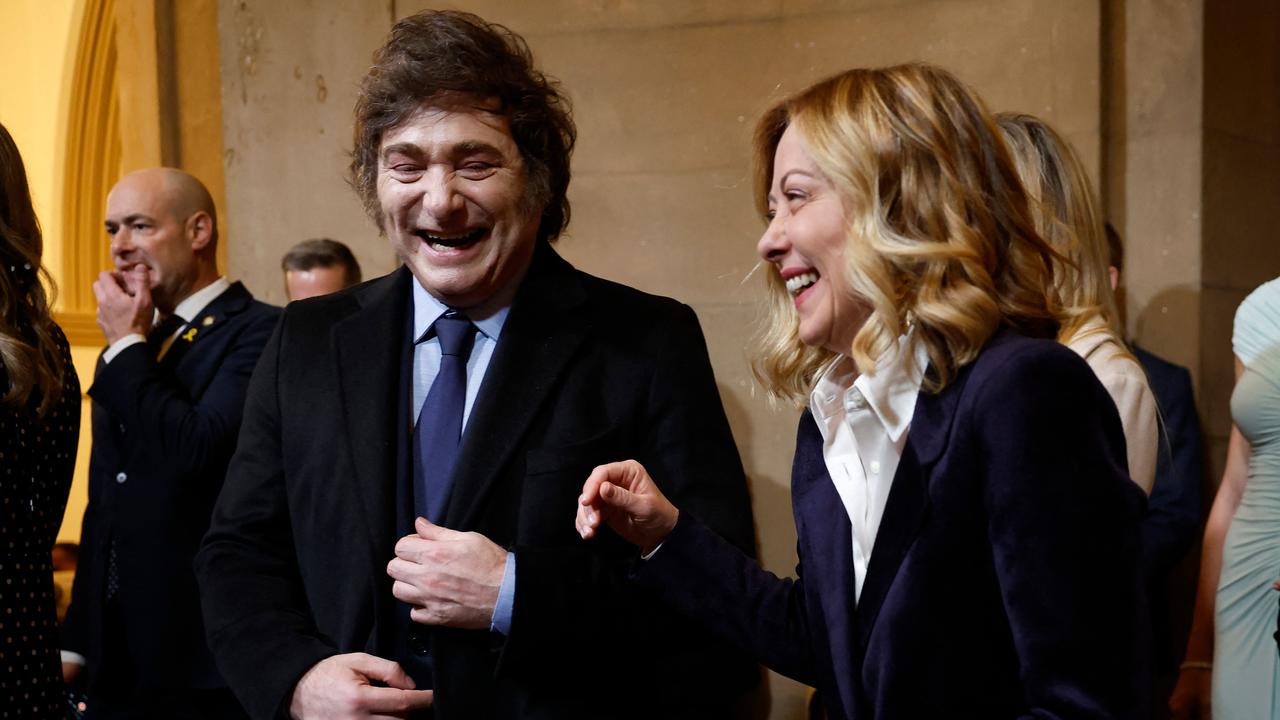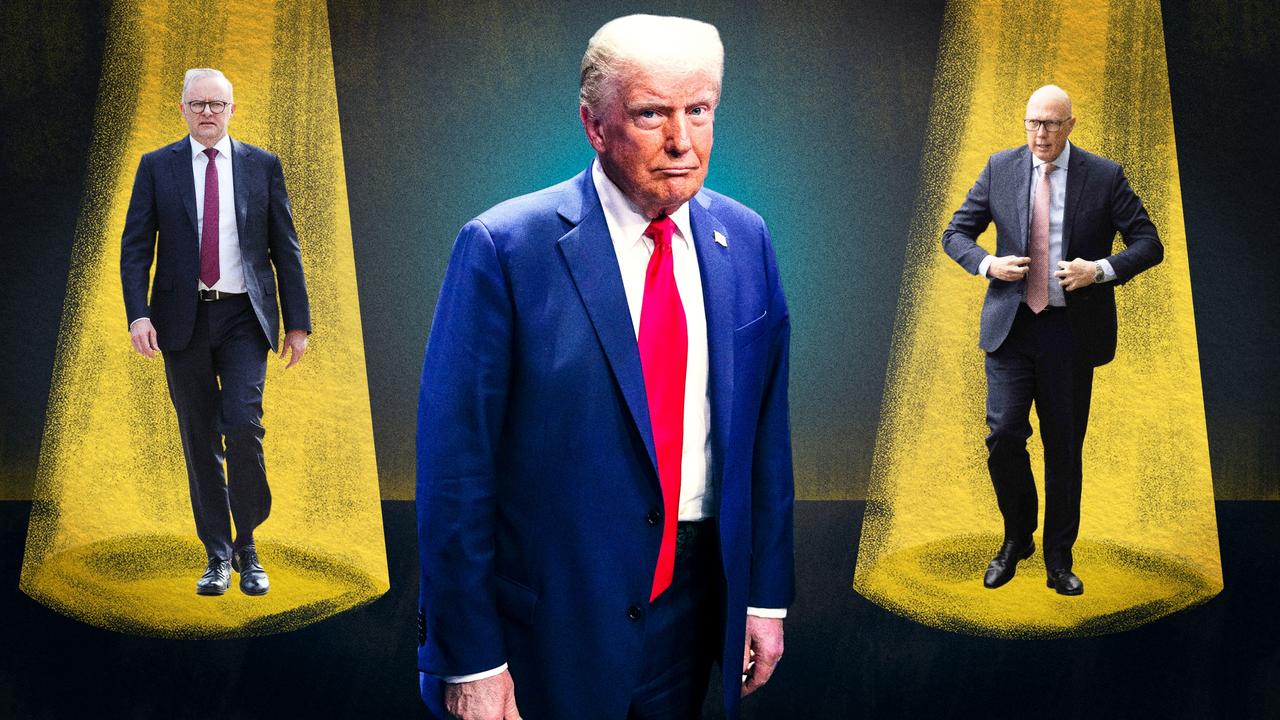Confessions of an ‘arch neoliberal’
I wasn’t planning on becoming a ‘right-wing’ extremist in 2020. But Wikipedia has declared me an ‘arch neoliberal’.
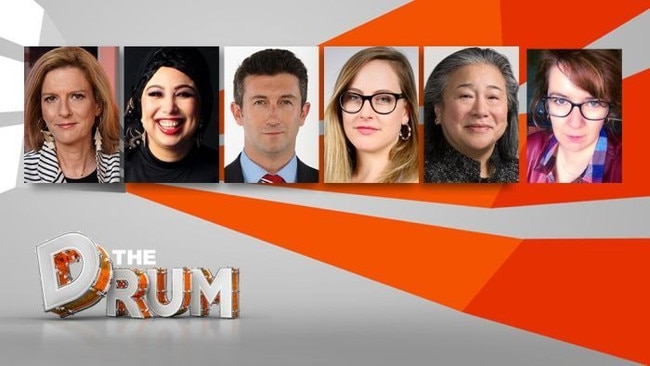
I wasn’t planning on becoming a “right-wing” extremist this year. And you wouldn’t have seen it coming. Criticising banks, advocating modest land and inheritance taxes — even being open to junking refundable franking credits if it meant cutting income tax — have been hallmarks of my writing over the years. Old “DLP” Labor sprinkled with a bit of libertarianism I thought summed me up best.
Forget all that. Now Wikipedia declares me an “arch neoliberal”. It started suddenly in April when I wrote we “might be overreacting to an unremarkable virus”, eliciting an extraordinary backlash of bile. My fate was sealed around May when I admitted on ABC’s The Drum, when pressed, that I had recently shaken someone’s hand at a private party in Sydney. The revelation proved too much for audience and panel alike, and I haven’t been asked back since.
Nine years of regular appearances on the national broadcaster gone because I thought clinking elbows was almost as silly as imploring people to “stay safe”.
Tonight on #TheDrum - we’ve made it through the first weekend with easing restrictions. Do you think we’re keeping safe?
— ABC The Drum (@ABCthedrum) May 18, 2020
WATCH NOW - https://t.co/AH4DBitmPW pic.twitter.com/iWYfSRdEFY
It’s been a remarkable year not only for what has happened, but also for what it’s revealed about society and ourselves. If you were opposed to beach closures, lockdowns, mask orders and all the rest, you’re probably, like me, sceptical of authority, suspicious of “modelling” and the motivations of “experts” and politicians, and maybe put more emphasis on wellbeing than “public health”.
On the whole, though, we’ve revealed ourselves to be obedient and trusting with an authoritarian streak. Even the so-called experts have been shocked.
Professor Neil Ferguson, the scientist most influential in Britain’s move to total lockdown in March, acknowledged no country’s pandemic plans entertained the idea of quarantining entire populations of healthy people — until China did. “People’s sense of what is possible in terms of control changed quite dramatically between January and March,” he told The Times last week.
Indeed, if the Chinese Communist Party did have a hand in the creation or release of the coronavirus, accidentally or otherwise, it must be impressed by how quickly the virus wrought havoc.
If we have to endure Adam Creighton on The Drum, could Julia please focus her formidable skills on guiding Adam away from his predictable right wing slanging. He talked right over her. He doesn’t think isolation works to contain the virus. Surprise!
— John Garner (@JohnGar77003277) May 18, 2020
Safety is the new salvation. I’ve come to loathe the word, but if Thomas Jefferson were writing today he’d exhort the pursuit of safety, not happiness.
We’ve willingly given up a range of human rights indefinitely, and at extraordinary financial cost, for a potentially minuscule reduction in risk. For the first time in history we’re about to embark on mass, quasi-compulsory vaccination of entire populations against a disease that poses negligible threat to most.
On all these questions, there’s no right or wrong answer, and I concede I’ve been in the minority. To my mind, the costs of mandatory lockdowns and mask orders, largely unseen and in the future, outweigh their benefits even assuming they work, which is debatable. And the precedent has been set for future governments when a more virulent virus arises, and when surveillance technology is far improved. Beware the Saving Lives Act 2035.
But surveys suggest Victorians, for instance, have strongly supported the Andrews government’s draconian approach to stamping out COVID-19, as have citizens in other countries that have taken similar measures.
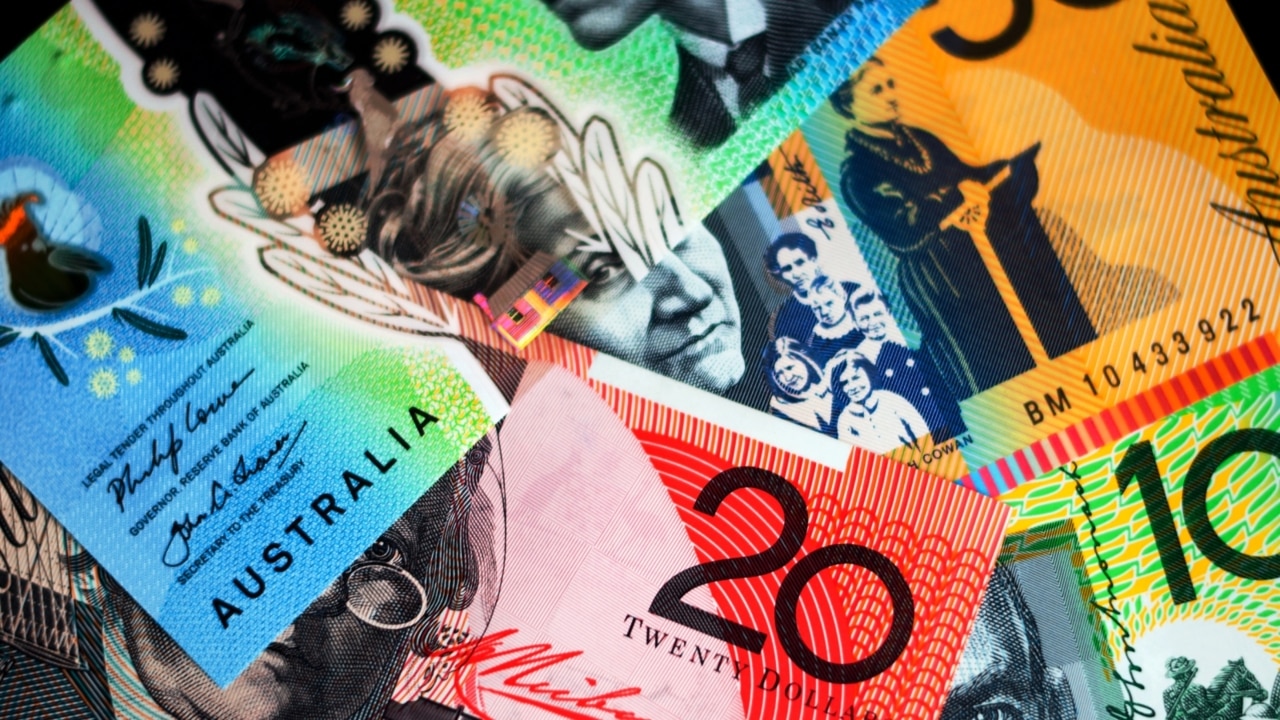
Most economists, too, have backed draconian measures to eradicate risk, which has puzzled me. Economics is about maximising wellbeing, not life expectancy. It’s centred on the rationality of individuals, warning against government intervention without a very good reason, given the high likelihood of unintended consequences. A whole branch of economics, public choice theory, has emerged dedicated to analysing how incentives of politicians and bureaucrats diverge from what’s in the public interest.
For many in the public sector and secure corporate roles, it’s been a terrific year: same or more pay, more leisure, less work and extraordinary return on assets. “We’re all in this together” has been the biggest lie of 2020.
However, the biggest shock for me this year has been the bias of journalists in the traditional media towards greater government control. The free media depends ultimately on government restraint. At almost every press conference the NSW Premier, who has distinguished herself for common sense this year, is seemingly asked why she hasn’t made masks mandatory. Few, if any, have asked for a cost-benefit analysis of measures taken, which could easily have been produced given thousands of public servants were furloughed at home.
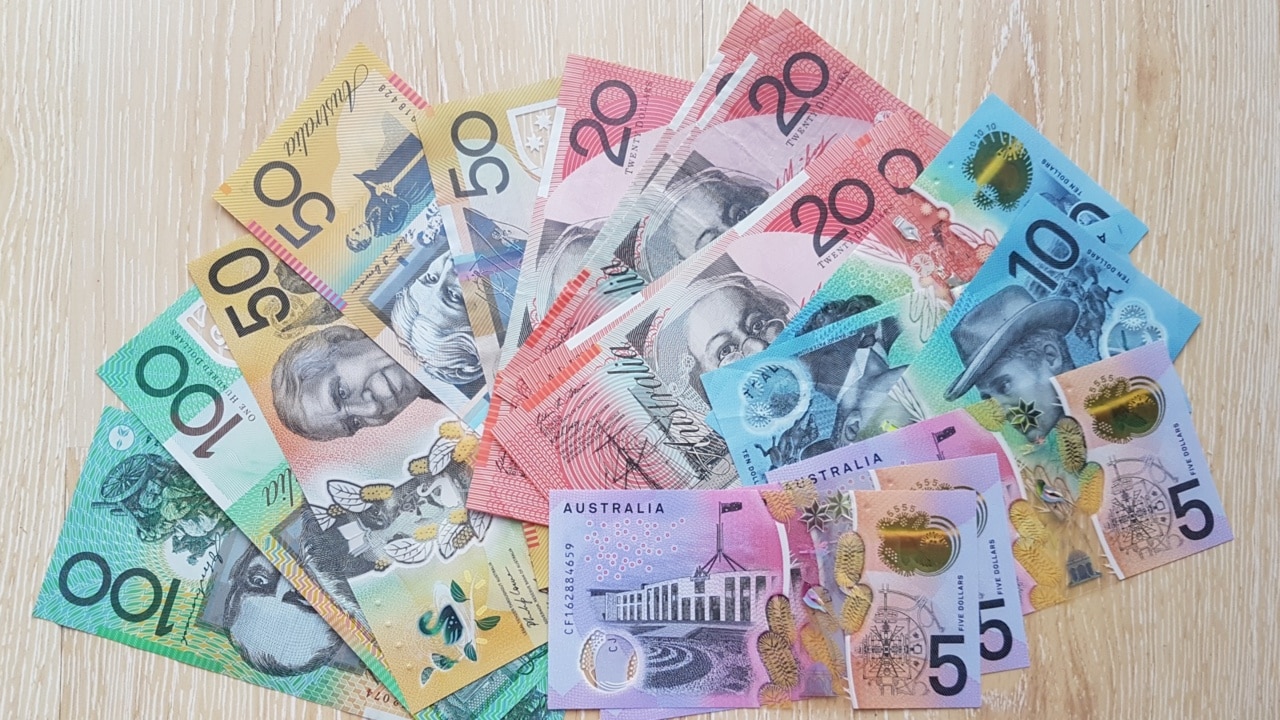
It’s been policy by emotion. You either want everyone over 70 to die or you don’t.
At the same time, 2020 has underscored the power of the traditional media in a digital age. No matter how financially diminished it’s become, the public are reading, or at least glancing, at headlines almost every waking hour. In unison it can be a propaganda machine capable of whipping up hysteria like never before.
US digital giants Facebook and Google have brazenly demonstrated how easily they can help governments in censoring opinions they don’t like.
While I’ve stuck to my original assessment that 2020 will be remembered more for the response to the pandemic than the virus itself, which is on the scale of the late 1950s or 1960s flu pandemics, I was wrong about the rapidity with which vaccines would emerge. That is the silver lining to a mad year, the brilliance of our scientists under pressure. Let’s hope they work so I can ditch my extremist garb and be safe enough to appear on the ABC once again.


